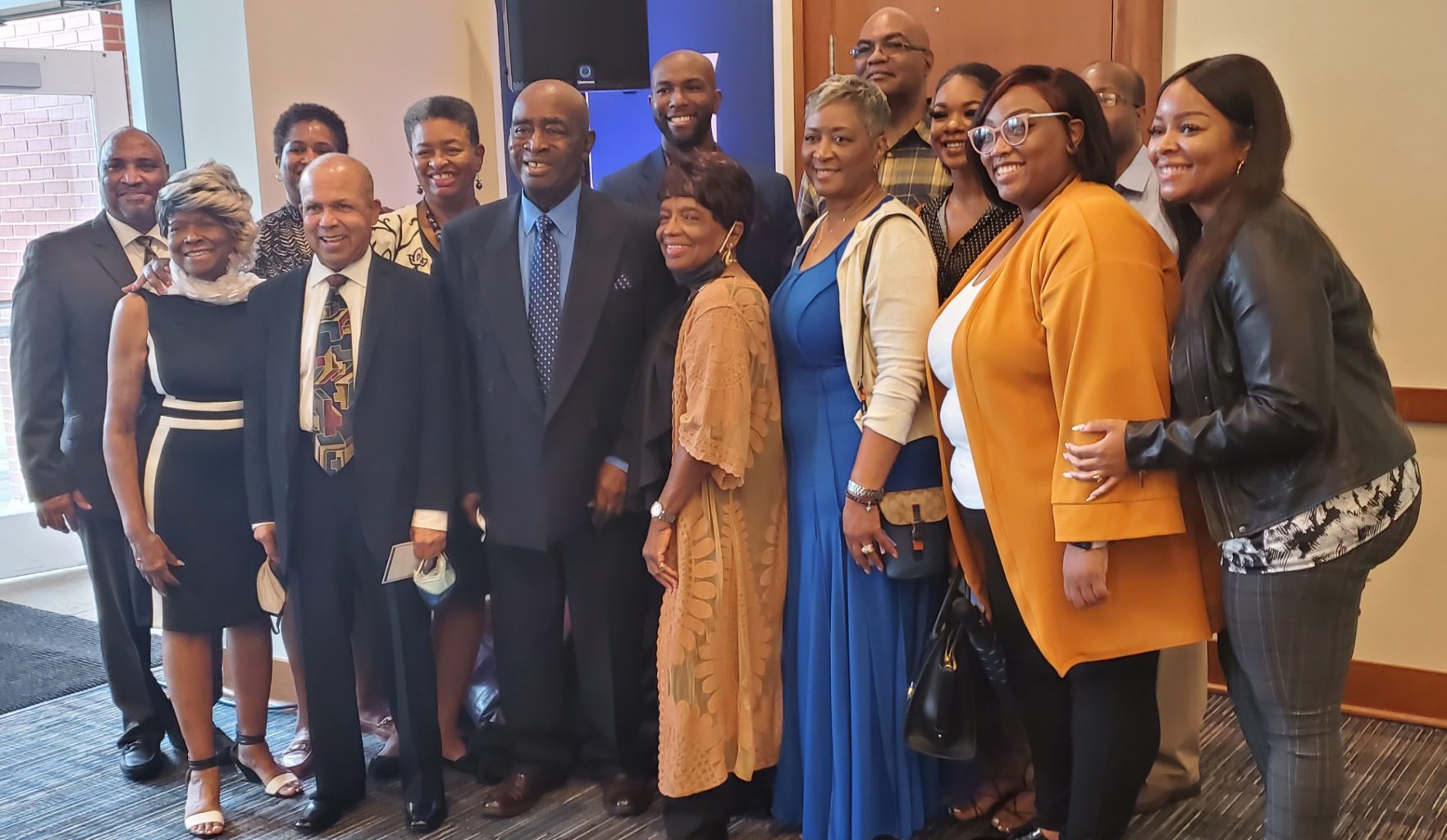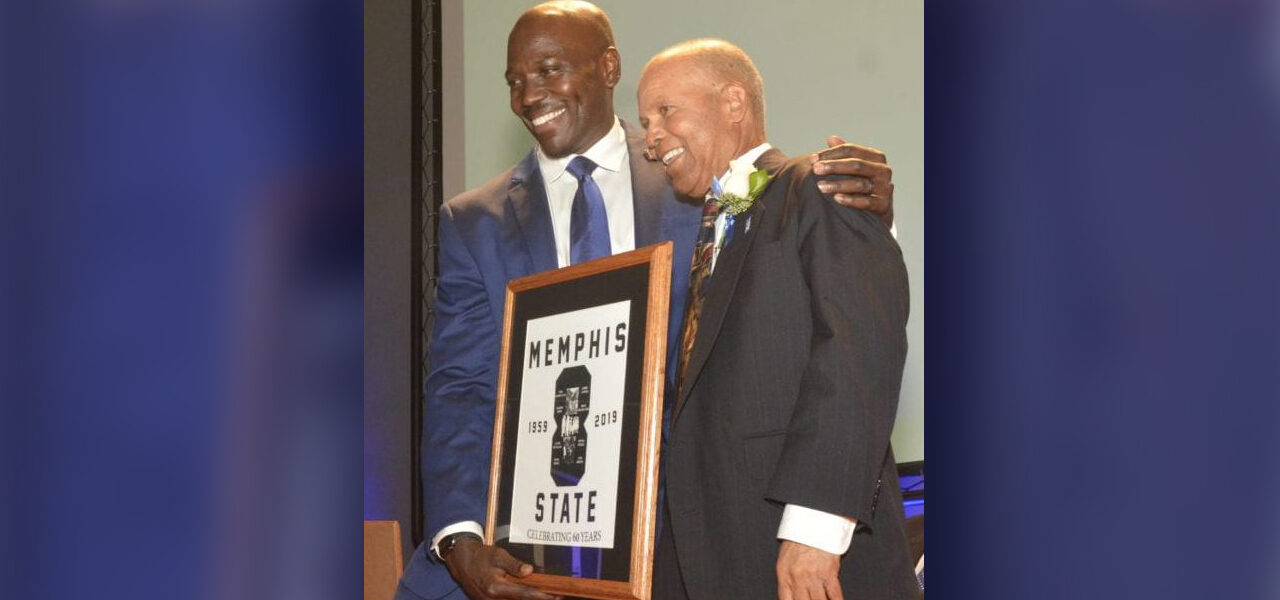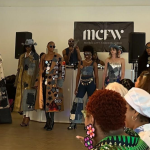By Dr. Sybil C. Mitchell | New Tri-State Defender
Ralph Prater, one of the trailblazing “Memphis State Eight,” died Monday (Aug. 8) in San Francisco, Calif., where he retired from Chevron Oil as a corporate attorney.
“I had asked Dad about his experiences as one of the students who integrated Memphis State (now the University of Memphis),” said daughter Jocelyn Prater Jameson of Florida. “But he just never wanted to talk about the experience. I approached it a couple of times, and I guess it was just too painful to talk about.”
Prater was born on Dec. 17, 1940. He grew up in North Memphis’ Hyde Park community, said childhood friend George Grant.
“Ralph and I went all the way up from the first grade to the12th,” said Grant. “I was one year ahead. “Their family was very well-known in the community. His grandfather was a medical doctor. And once a week, he would come in and see patients at Walker Pharmacy, located at Chelsea and Polk. The pharmacy is no longer there.”
Prater attended Hyde Park School from grades first through eight and graduated from Douglass High School.
“Ralph’s father was an educator,” Grant said. “Some of Ralph’s family members taught us at Hyde Park. He had an uncle who taught there, and an aunt.”
After graduating from Douglass, Prater decided to join seven other students in attending Memphis State University. Although school segregation was against the law, no African-American students had ever attended. They became known as the Memphis State Eight.
Prater is the sixth one to die, leaving only Bertha Rogers Looney and Luther McClellan. The five deceased members are Eleanor Gandy, Sammie Burnett Johnson, Marvis Kneeland Jones, Rose Blakney Love, and John Simpson.
Prater had a vehicle and would go around to pick everyone up for school, and then, bring them home. But after completing his third year at Memphis State, Prater transferred to Howard University, a historically Black college (HBCU).
After earning his bachelor’s degree, Prater obtained his law degree at Howard Law School.
“He moved to San Francisco and started working for Standard Oil,” said Jameson. “Later, it became Chevron Oil. But he never returned home to Memphis to practice.
“I think he wanted to get as far away as possible from his experience at Memphis State. Besides, he wanted to practice corporate law.”

Over the years, the group has tried to stay in touch with the events in their lives.
“I was so sorry to hear about Ralph Prater’s passing,” said Looney. “Now, there are only two of us left, myself and Luther McClellan. The last time we saw Ralph was when he came to town to see the university honor Luther. At that time, he was doing just fine. His prostate cancer was in remission. I understand when he returned home, he became ill again.”
(Luther C. McClellan was honored by the University of Memphis as the first African American to graduate. The alumni mall was renamed for McClellan. A marker just outside the administrative building bears the name Luther C. McClellan.)
Prater appreciated the honor being given to McClellan, Looney said. Although African-American students were allowed to enroll, they endured daily harassment from white students and were restricted from going into various areas on campus.
Most devastating, the Memphis State Eight were ordered to keep eight feet away from white students.
In 2019, the university celebrated the 60th anniversary of Memphis State Eight’s integration of the campus, whose African-American enrollment now is about 34 percent of the student body.
Although allowed to enroll, the students faced scrutiny and criticism. They were only allowed in certain areas of the campus at a time, keeping the eight away from white students.
Jameson said a traditional funeral service is not planned. Prater will be cremated.
This article originally appeared in the New Tri-State Defender
Metadata
The post LEGACY: Ralph Prater – Memphis State Eight pioneer appeared first on NNPA Education Public Awareness Program.










